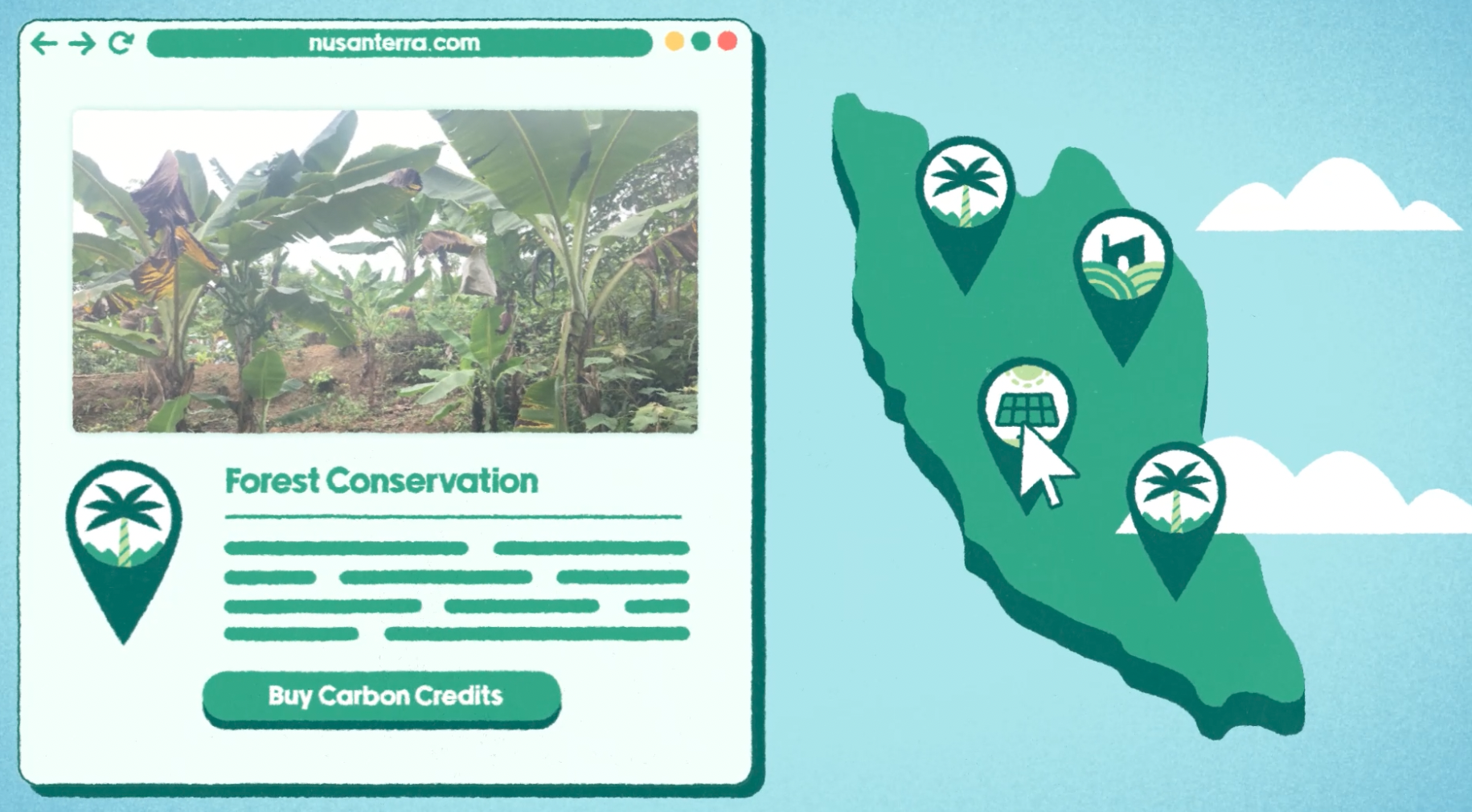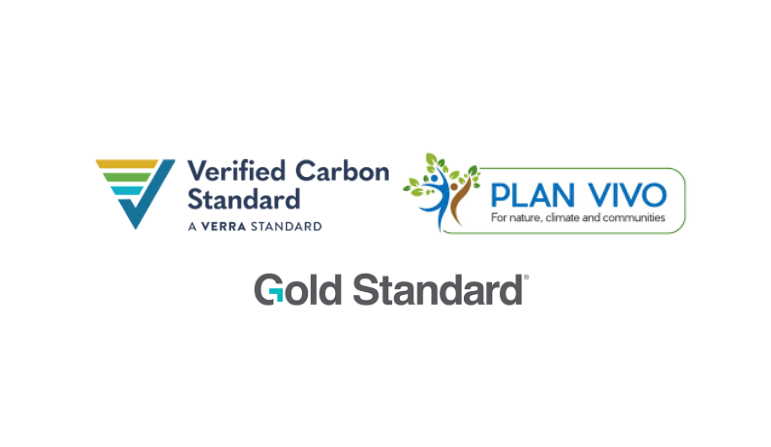Policy Makers
Forests are the currency of the future. As the demand for carbon drawdown grows, Malaysia is poised to emerge as a key player. Harnessing our deep expertise in conservation and finance, we empower policymakers to navigate the journey towards a sustainable Malaysia.
From crafting clear and responsible policies that attract long-term nature investors, to connecting conservation projects with diverse funding opportunities – we act as your trusted advisor.
"We believe that the Voluntary Carbon Market can serve as an important lever in realising Malaysia's net-zero emissions aspiration, as well as supporting the private sector's voluntary climate commitments and decarbonisation journey."
Muhamad Umar Swift Bursa Malaysia Chief Executive
How we work with Policy Makers

1. Enabling Policy
Working alongside policy makers we craft clear regulations, streamline processes, and offer attractive policies to draw investors. Balancing this with social and environmental responsibility, we implement stringent safeguards and ensure equitable benefit sharing fostering sustainable growth alongside a healthy planet.
2. Mobilising Finance
We connect local conservation projects with global investors bringing diverse financing solutions, from flexible grants to innovative blended finance and carbon-backed investments. Our deep expertise in both conservation and finance ensures conservation projects attract global capital to deliver measurable environmental and social impact.
3. Piloting Programmes
We craft comprehensive pilot programs encompassing both the readiness phase (feasibility studies and policy support) and the implementation stage (carbon sequestration interventions and co-benefits). This holistic approach facilitates the rapid scaling of successful pilots and uncovers synergistic opportunities like nested projects, biodiversity credits, and eco-tourism.
4. Structuring Governance
We design governance structures to foster fruitful partnerships through Special Purpose Vehicles (SPVs) and Public-Private Partnerships (PPPs). These structures enable private sector involvement in crucial areas like technical support, financing, and operational project management, ultimately amplifying the impact of environmental initiatives.
5. Building Capacity
We support key government stakeholders including land owners, local communities and implementation organisations of national and jurisdictional programmes through targeted workshops and trainings. We provide technical support to digitalise MRV processes through the implementation of centralised monitoring systems that integrate biodiversity and carbon data.
6. Ensuring Integrity
By rigorously integrating carbon accounting, benefits sharing, and robust safeguards, we ensure carbon projects meet the highest global standards (e.g. ICVCM, Verra, PlanVivo, Gold Standard). Adherence to international frameworks instils trust and transparency in the Malaysian carbon market attracting high-quality investors.

Assess Land
Mixed planting systems like agroforestry have much higher carbon capture levels than mono-crop systems. Agroforestry practices are therefore an effective tool in the fight against climate change and the protection of food supply in the Malay Archipelago.
We collect and analyse GIS data in order to determine its carbon removal potential. We use satellite imagery and deep learning models to precisely estimate the carbon baseline and expected additionality. By identifying links to High Conservation Value areas, we help increase the value and quality of projects.
Nusanterra draws on regenerative methodologies to design projects with measurable impacts in terms of improved soils, water cycles, biodiversity, ecosystem health, and carbon cycles.
Finance Plan
We connect landowners with corporates willing to provide interim finance for the development of carbon projects through forward purchase agreements. On credit issuance, the buyer gets a guaranteed amount of credits at a pre-determined price from the project.
By cutting out the need for intermediaries to facilitate the sale of carbon credits, Nusanterra aims to maximise revenue for conservation activities in high-quality projects.
The Carbon Prospector Network (CPN) creates a community of smallholders that can share the costs of certification costs via special purpose vehicles to finance the upfront project development costs.


Certify Project
We provide support throughout the project cycle to achieve measurable local impact that meets international best practice standards whether Verra, PlanVivo or Gold Standard.
Our Nature-Based Solutions apply interdisciplinary approaches that address natural resource management challenges including afforestation, biodiversity conservation, sustainable livelihoods, and ecosystem regeneration.
Our teams on the ground bring decades of experience and deep connections with the land and local communities. By working with partners who are deeply embedded in local communities, we create trust and build projects that have real, lasting impact for generations to come.
Sell Credits
Digitalised workflows and precision forestry solutions can dramatically decrease time and increase data integrity of Monitoring, Reporting, and Verification (MRV) processes while bringing all the rigour of traditional methods at a fraction of the cost.
We support landowners with digital MRV (D-MRV) solutions to manage projects, monitor the evolution of carbon stocks and take control of the sales process.

Advisory Services
CARBON REVENUE ASSESSMENT Understand your revenue potential from existing and potential carbon stocks
CARBON PROJECT DESIGN Maximise your environmental sustainability impact and leave an impactful legacy behind
PROJECT MANAGEMENT Simplify your life and leave the stakeholder management and reporting to Nusanterra
FAQs
Afforestation is a process of planting trees on land that has not been recently forested. Nusanterra offers landowners the opportunity to earn carbon revenue through our Afforestation projects and uses Verra’s afforestation, restoration and revegetation methodology for carbon removal verification.
A carbon credit is a certificate that can be bought with the purpose of offsetting greenhouse gas emissions. One credit usually represents one tonne of carbon dioxide equivalent (CO2e) avoided or removed from the atmosphere.
VCUs (Verified Carbon Units) are one type of carbon credit and one VCU represents a reduction or removal of one tonne of carbon dioxide equivalent (CO2e) achieved by a Verra project as part of their Verified Carbon Standard (VCS) program.
The exact income will depend on the type of trees planted, land quality, project length, etc. As an example, an afforestation project on high-quality land in XXX is expected to generate approximately XXX VCUs / Ha over a 50-year contract. If VCU prices are at XXX MYR, an afforestation project may generate around XXX MYR / Ha.
This is an estimated income and depends on specific conditions as well as the carbon credit price at the time of sale. Your lands’ potential income is calculated in a Carbon Revenue Opportunity Assessment.
Afforestation and Impact Forestry both include grouped projects, which involve multiple landowners. Grouped projects save landowners money because they generate monitoring and verification efficiencies. Grouped projects have a much lower unit cost base than single landowner projects and can also generate larger volumes of carbon credits, which offers sales and marketing advantages. Carbon credit buyers often want to buy large volumes of specific carbon credits (e.g. carbon credits from afforestation) from a single vintage (i.e. produced in a specific year).
Nusanterra will group landowners based on their regional risk profile and management objectives (e.g. managing forests for timber versus managing forests for conservation). Members of a grouped project are likely to come from a similar region (e.g. Baltic states) and manage forests in a similar way.
Nusanterra will develop and manage carbon monitoring and verification for each grouped project. The monitoring and verification activities of each group member will be synchronised to meet the reporting requirements of Verra (see What is Verra?). However, Nusanterra will not operate our grouped projects as a single carbon pool or as a cooperative. Nusanterra will monitor the performance of each group member and as far as possible, distribute carbon payments based on the performance of individual group members. Group members will not receive an average share of each grouped project.
Nusanterra arranges for and covers the costs of the Verra certification and validation process (usually undertaken by a third-party Verra partner).
However, as a landowner, you are required to share monitoring data (e.g whether you’ve harvested any timber, any fire or pest impacts etc) with us every 5 years (more frequently if you’ve opted into annual cash payments), throughout the length of the contract. The monitoring is needed to pass verification, which enables landowners to maximise carbon revenues. Where-ever possible, we use data you are already gathering for government reporting etc, but at times this may require additional data gathering from you.
We are also continuously working on automating the process and using remote sensing technologies such as satellite imagery combined with AI-based analysis in order to reduce the monitoring burden on landowners.






